In the cutthroat world of the music industry, your talent is only half the battle. The other half is played out in the fine print of contracts. One signature on the wrong deal can mean years of lost earnings, creative restrictions, and a lingering sense of being taken advantage of. But if you approach contracts armed with knowledge and a fearless determination to protect your interests, you turn the tables. That record deal, that merch agreement, that streaming platform payout – these can be the foundation of a long, profitable, and creatively fulfilling career in hip-hop.
Decoding the Fine Print – Essential Contract Terms
Royalties: Your Lifeblood
- The Fine Print: Royalties are the payments you receive for the use of your music. This covers everything from streaming on services like Spotify to radio plays, downloads, and even appearances in movies or commercials.
- Numbers Game: Don’t just glance at the percentage – be meticulous. Different uses often have varying royalty rates. Get specific on streaming royalties, physical sales royalties, mechanical royalties (from reproduction), and performance royalties.
- Tracking and Transparency: Understand how your royalties are calculated, the frequency of payments, and whether you have the right to audit the company paying those royalties.
Advances: Don’t Be Blinded by the Cash
- Upfront vs. Long-Term: An advance is essentially a loan against your future earnings. It might seem amazing, but until you earn enough royalties to “recoup” the advance, you won’t see any additional income.
- Negotiation is Key: Advances are not set in stone. The amount offered can signal a label’s faith in your potential. Be prepared to negotiate based on your leverage and track record.
Term: The Clock is Ticking
- Years vs. Albums: Contracts can define the term by years (e.g., a 3-year deal) or by the number of albums you’re expected to release within that time.
- Power to the Artist: Shorter terms generally mean more freedom for you. If you have good leverage, fight for shorter terms or options to re-negotiate periodically.
Creative Control: Your Artistic Integrity
- Whose Vision Wins?: How much input do you have in the production of your music, music videos, album art, promotional strategies, and tour decisions?
- Protecting Your Brand: Pay attention to any clauses that might limit your ability to control how your image is used or prevent you from expressing yourself authentically.
Ownership of Masters: The Golden Key
- Long-term Wealth: Owning your masters (the original recordings) gives you the ultimate power – the right to license, distribute, and profit from your music as you see fit, long after your initial contract may have expired.
- Rare, but Achievable: While the traditional model didn’t favor artists retaining ownership, it’s becoming a more common point of negotiation. If you have the opportunity, strive to possess your masters.
The Importance of Understanding
Digging into these details can feel overwhelming, but that’s the point! It empowers you. Being well-versed in these terms is the first step towards negotiating a contract that safeguards your interests and propels your career forward.
Red Flags to Watch Out For
Warning Sign #1: The Illusion of Wealth – Sky-high Royalties with a Catch
- The Devil’s in the Details: A seemingly generous royalty percentage might be rendered meaningless by complicated calculations. For example, your contract might offer 20% on streaming, but then deduct packaging costs, marketing expenses, or hidden fees before calculating that percentage.
- Demand Transparency: Insist on clear, simplified explanations of royalty deductions and the exact method used to calculate your ultimate payment. Don’t be afraid to ask for real-world examples to ensure the numbers work in your favor.
Warning Sign #2: The Contractual Maze – Long Terms and One-Sided Options
- Trapped by Success: An initial contract term of 5+ years, coupled with numerous label renewal options (allowing the company to extend the deal at their discretion), can lock you in even if your music takes off. You could find yourself bound to unfavorable terms while your career potential skyrockets.
- Fight for Flexibility: Advocate for shorter terms, mutually agreeable renewal options based on performance milestones, or termination clauses that give you an exit strategy if specific goals aren’t met.
Warning Sign #3: Losing Control – Assignment Clauses
- Your Future Is Not Yours: An assignment clause permits the label or company to sell your contract to another entity without your consent. You could find yourself working with a company that has little interest in you or whose values clash with your own.
- Protect Your Relationship: If an assignment clause is unavoidable, negotiate for the right to approve any potential buyer or to terminate the contract under such circumstances.
Warning Sign #4: The Overreaching Hand – 360 Deals
- Sharing the Entire Pie: 360 deals give the label a share of virtually all your revenue streams – not just your music sales, but potentially touring income, merchandise, sponsorships, and more. This significantly reduces your earning power across all aspects of your career.
- Weigh the Trade-off: Be very cautious about the long-term consequences of a 360 deal. While a label might offer additional support in some areas, thoroughly assess whether this outweighs the potential loss of financial independence and control over your brand.
Your Best Defense: Knowledge and Vigilance
Don’t be afraid to question everything! Understanding these warning signs prepares you to spot unfair provisions that can limit your potential and freedom. Seek legal advice if anything feels complex or concerning.
Beyond the Record Deal: Expanding Your Revenue Streams
Streaming Deals: The Digital Goldmine
- Beyond the Percentage: Yes, knowing the per-stream royalty rate for platforms like Spotify, Apple Music, and others is crucial. But inquire deeper:
- Are you receiving the highest achievable royalty tier (sometimes influenced by factors like direct licensing)?
- Are there territory limitations or restrictions on types of streaming that might reduce your reach?
- Are there recoupment clauses regarding any advances or production costs that need to be paid back before you start earning?
- Data is Power: Negotiate for regular, transparent reporting on your streaming performance. This data helps you plan marketing, spot trends, and optimize your release strategy.
Merch Deals: Your Brand on Display
- Design Collaboration, Not Dictation: Your merch expresses your artistic aesthetic. Strive for significant creative input into designs instead of just approving pre-made items.
- The Business Breakdown: Understand the manufacturing costs and profit margin per item. Negotiate higher royalty percentages based on your involvement in the entire process.
- Promotional Power: Include clauses that ensure your merch is prominently displayed at events, on online platforms, and synergizes with your album releases or social media campaigns.
Tour Deals: Connecting With Your Audience
- More Than the Guarantee: Your fee per performance is important, but there’s much more to uncover:
- Are travel, accommodation, and production costs covered, or do these cut into your profits?
- What control do you have over tour routing, ticket pricing, and choice of opening acts?
- Can you leverage tour stops for exclusive merch sales and unique fan experiences?
- Building Your Future: Consider negotiating rights to record and market live performances from your tour. This creates an additional revenue stream and promotional content.
The Evolving Landscape
Hip-hop’s monetization isn’t static! Stay informed about emerging opportunities. Some to keep in mind:
- Sync Licensing: Your tracks could power movies, video games, or ads. Ensure you have the right to approve licensing deals and receive fair compensation.
- NFTs and Virtual Experiences: As the world of digital assets expands, be aware of your rights and opportunities within it.
Pro Tip: A team approach often helps. Consider partnering with managers, agents, and experienced music lawyers who understand the intricacies of the hip-hop industry to ensure you maximize your earning potential across all these avenues.
The Indie Hustle: Contracts Still Matter
Distribution Agreements: The Gateway to Your Audience
- Ownership is Key: Ensure you retain ownership of your master recordings, even if the distributor assists with copyright registration. Look for clauses that explicitly state your ownership rights and avoid any language that could imply giving up control.
- The Fee Labyrinth: Many distributors operate on a percentage-based model, meaning they take a cut of your revenue. However, also be vigilant about:
- Setup fees or subscription costs
- Withdrawal fees if you decide to change distributors
- Fees for additional services like marketing support or analytics
- Territory and Exclusivity: Clarify where your music will be distributed (globally or limited territories). Be cautious of long exclusivity periods that prevent you from working with multiple distributors simultaneously.
Collaboration Agreements: Protect Your Creative Work
- The Devil’s in the Split: Don’t just go for a casual “50/50” agreement. Detail who gets what percentages of streaming revenue, performance royalties, sync fees, etc. Be explicit to avoid future misunderstandings.
- Writing Credits: Clearly define each party’s contribution (lyrics, beats, production), as this determines songwriting royalties and ownership shares.
- Decision-Making Power: Who has approval rights over remixes, music video production, and promotional use of the collaboration? Outline this to retain artistic control.
Venue Contracts: The Terms of Your Live Show
- Not Just the Money: Your performance fee is essential, but also negotiate:
- Technical rider fulfillment: Ensure the venue can meet your sound, lighting, and staging needs.
- Hospitality: Clarify if accommodation, transportation, or meals are covered.
- Merchandise Rights: Can you sell your merch at the venue, and if so, what percentage might the venue take?
- Contingencies Matter: Inquire about cancellation policies on both sides. Are there any “force majeure” clauses (for events beyond your control) that might allow for rescheduling rather than losing income entirely?
Additional Notes for Independent Artists
- Get it in Writing: Even for simple collaborations or casual gigs, draft up basic agreements outlining the points above. This minimizes the risk of disputes and sets a professional tone.
- Resources are Your Friends: Leverage sample contract templates and guides offered by artist unions or music law websites. Adapt these to your specific needs.
- When in Doubt, Consult: If a contract feels too complex or carries significant implications, don’t hesitate to seek legal advice from an entertainment lawyer.
Your Best Defense: A Good Lawyer
Contract Expertise: Entertainment lawyers specialize in the complexities of music contracts. They can decipher legalese, identify hidden clauses, and ensure your agreements protect your creative and financial interests.
Negotiation Power: A lawyer can advocate for you during negotiations, ensuring you receive fair royalty rates, ownership rights, and terms that align with your career goals.
Dispute Resolution: If disagreements arise, your lawyer can represent you and fight for a favorable outcome, potentially saving you time, money, and emotional stress.
Beyond the general importance, here are some resources to help you find an entertainment lawyer:
- Volunteer Lawyers for the Arts (VLA): Volunteer Lawyers for the Arts. VLA may offer low-cost or pro bono legal representation to artists, depending on your situation and their availability in your area.
- The Future of Music Coalition: The Future of Music Coalition This organization isn’t a legal aid provider itself, but it’s a valuable resource for musicians. They advocate for artists’ rights, conduct research, provide education, and lobby for policy changes that benefit the music community. Their website has resources and guidance to help you navigate the legal landscape of the music industry.
- “All You Need to Know About the Music Business” by Donald Passman. This book is considered an industry bible for understanding music contracts. It delves into the intricacies of various agreements, offering insights for artists to protect themselves.
Remember, a lawyer is an investment in your musical future. By having someone in your corner who understands the legal aspects of the industry, you’re better equipped to make informed decisions and safeguard your creative rights throughout your career.
The Power is in Your Hands
The music industry needs your talent, your fire, and your unique voice. Don’t fall prey to exploitative deals that dim your shine. By understanding the game, seeking expert counsel, and negotiating boldly, you secure not only your financial future but also the creative freedom to make the hip-hop you were born to make. Now go build your empire – one smart contract at a time.
This is an AI assisted collaborative article.




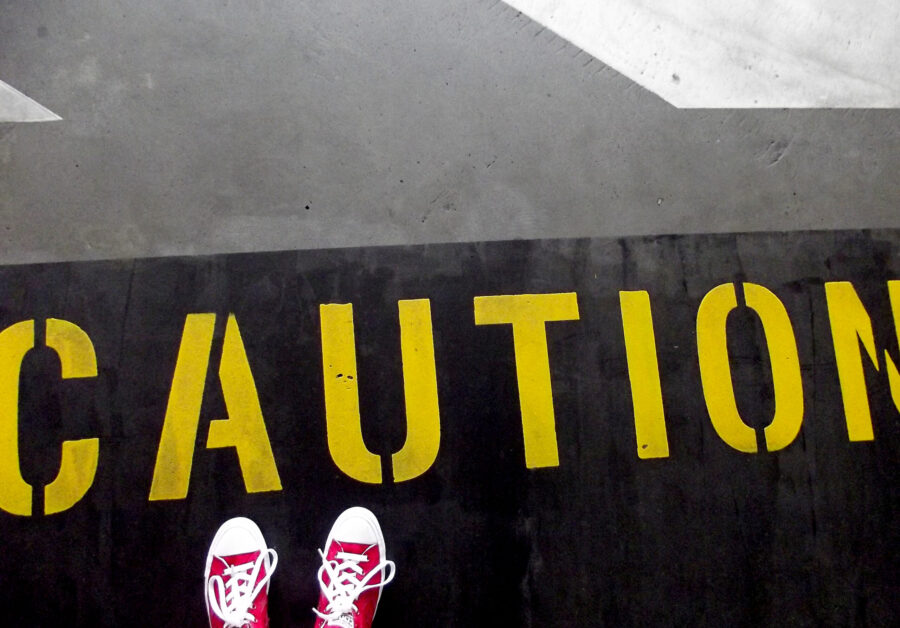





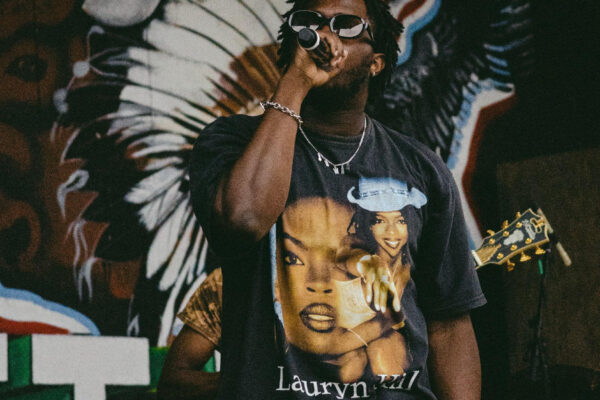





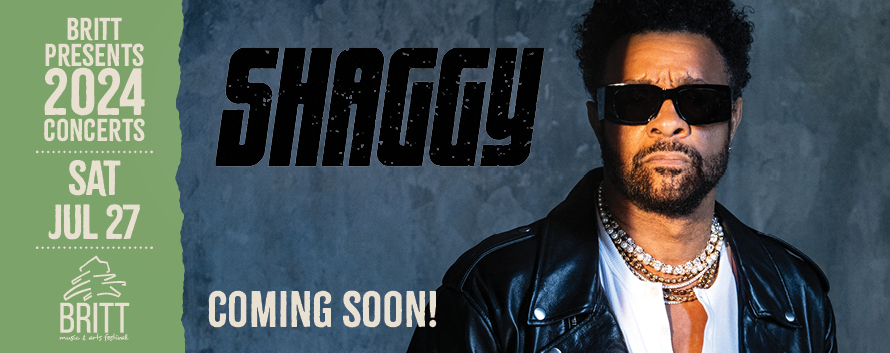
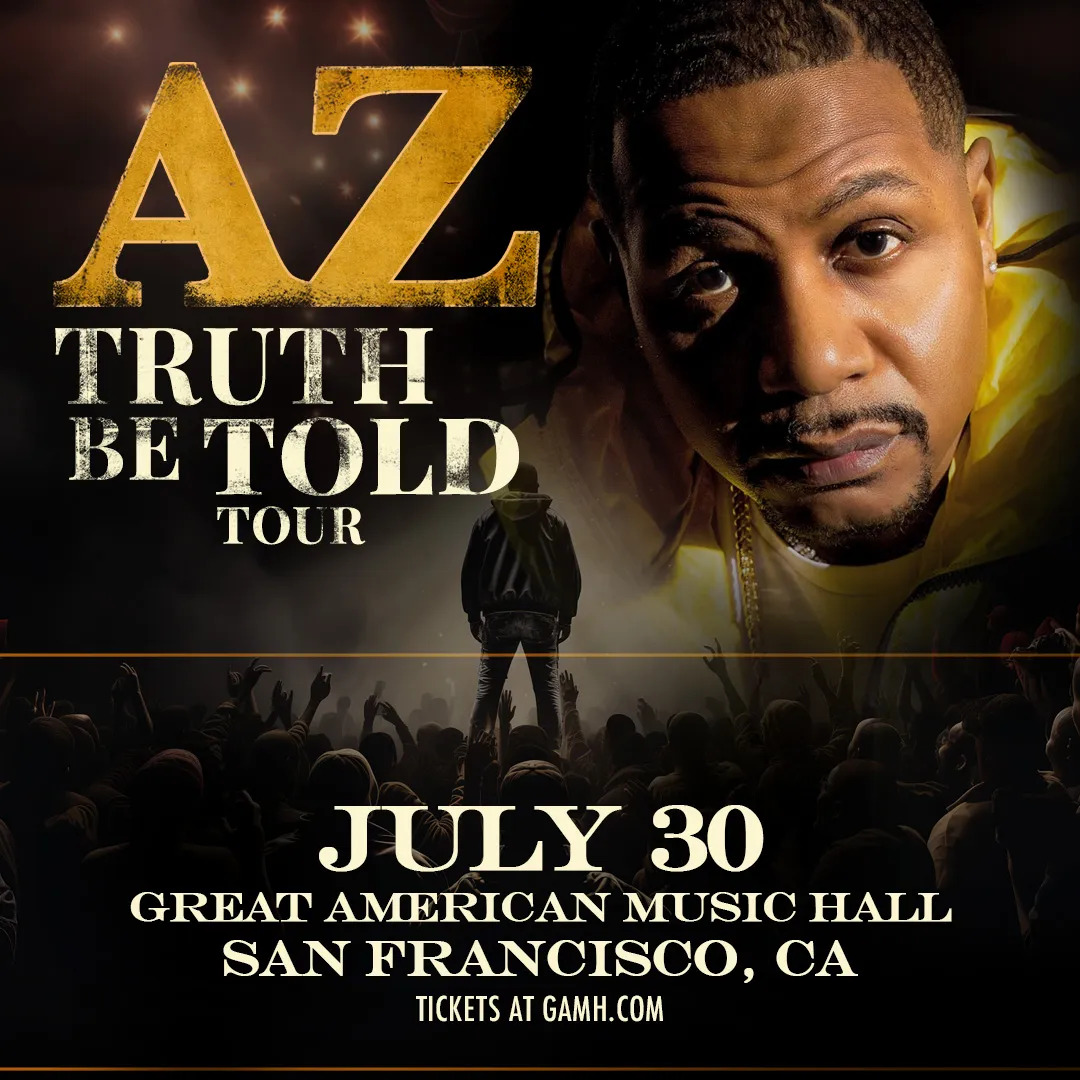
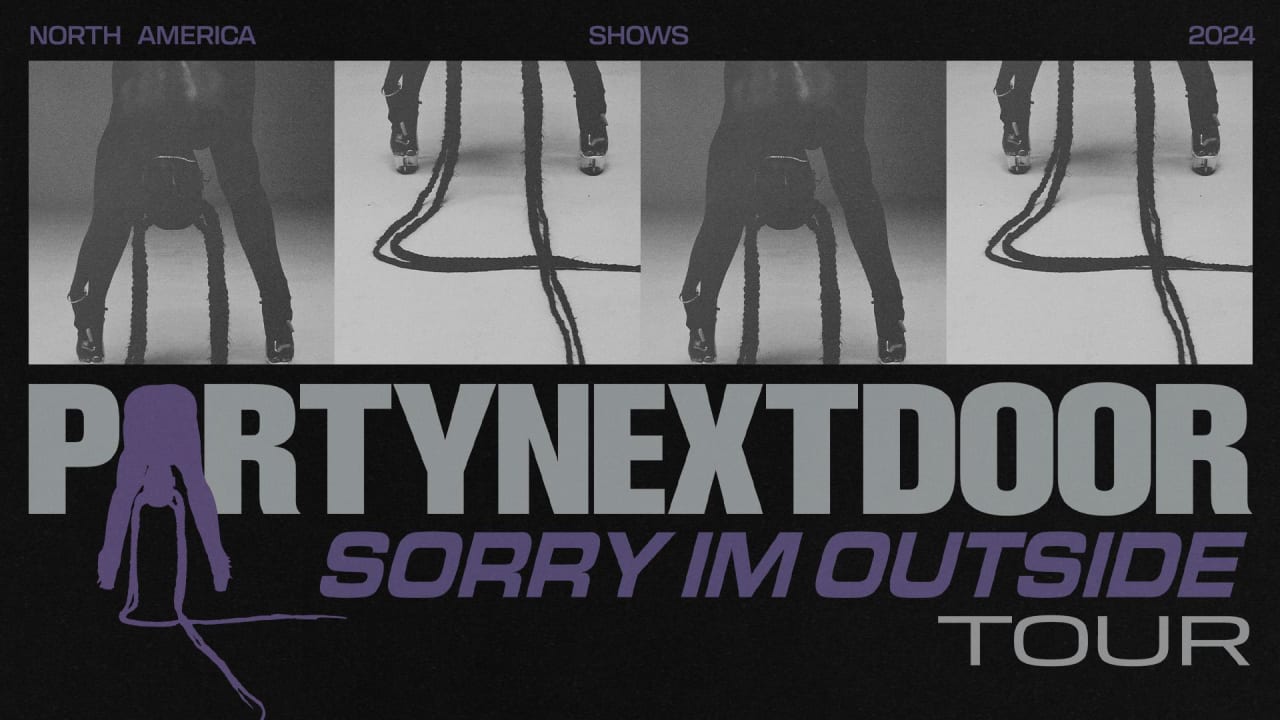




Leave a Reply